Overview – T1135 Disclosure Requirement: Exception to non-resident trusts’ value not taken into consideration
Canadians who have a combined expense of at least $100,000 of the overseas assets in a tax year are requested to provide a T1135 return of details with their tax return, giving information on their foreign real estate. There are only a few exceptions, namely interest in non-resident securities that were not purchased for consideration, although the concept of the particular foreign property is quite broad.
T1135 Reporting Requirement — T1135 Reporting Requirement: Exemption interest in unrelated non-resident trusts
The reporting provision T1135 only refers to such Canadian institutions, a concept that is, in fact, very broad. Every Canadian taxpayer for a fiscal year shall be a designated Canadian body. Canadian companies also are partnerships that account for less than 90 percent of the gains or expenses shared with all non-resident partners.
Mutual fund entities, non-resident-owned investment companies, mutual fund trusts, individuals or trusts protected from taxable income, and registered investments are also examples of taxpayers not included in the concept of designated Canadian entity.
Often not a defined Canadian entity is a relationship where each member is a Canadian taxpayer who is not covered by the concept of the specified Canadian agency. Also, not a designated Canadian individual is not a trusted citizen in Canada. A Canadian resident taxpayer is per recipient exempt from the meaning of the Canadian entity defined.
Similarly, a relationship in which all members are Canadian citizen taxpayers who are not included in a defined Canadian entity is not a specified Canadian company. A trust residing in Canada whose beneficiaries are all Canadian resident taxpayers who are not included in the defined Canadian entity is not a definite Canadian entity.
A designated Canadian company is only required to file a specific T1135 information return for a taxable year if the expense of its specified overseas assets to the organization exceeds $100,000 at some point during the year. The cost value of a given foreign property is the price charged for that property in the first place. It could be subject to variations depending on the form of property and the entity’s circumstances. The disclosure threshold is not dependent on the listed foreign property’s actual fair market value.
The Canadian Income Tax Act distinguishes “defined foreign property” as:
- assets or intangible property, or incorporeal judicial property, located, invested, or retained outside Ontario;
- tangible estate, or civil litigation corporeal property, situated outside Canada;
III. a percentage is a non-resident corporation’s invested capital;
- a share in a non-resident fund;
- equity in a partnership that holds or retains designated foreign assets;
- a claim in, or obligation to, a non-resident body;
VII. public debt held by a non-resident individual;
interest on or in law a right to any estate (other than any land owned by a company or trust not acquired by such an individual) that is defined as foreign property, following or in accordance with a contract of equity or any other right, either instantly or in future, either in a complete or contingent fashion.
Land that is convertible into, exchangeable for, or bestows the authority to sell stated foreign property under its terms or conditions of any arrangement relating to it
Notably, this ensures that international bank accounts, shares in foreign companies, associations, and trusts are also included in the scope of listed foreign property in the first place. Nevertheless, there are several exceptions to the scope of listed foreign property that exempt some property.
T1135 Reporting Necessity: Provision for interests in unrecognized non-resident trusts
The Canadian Income Tax Act prohibits the non-resident trusts’ rights that have not been acquired for recognition by the non-resident trust company or an associated individual or corporation. Pay or any other value in return for the interest in a non-resident trust implies in this case. This exemption results in several inheritances or donations involving a non-resident trust that does not relate to a Canadian citizen’s designated overseas assets. A typical example might be a Canadian person with non-resident grandparents and parents who support them.
This exception can extend to interests that are not non-resident trusts. In certain nations, persons or relationships do not occur in the Canadian legal system in their legal systems. In those circumstances, the Canadian tax code considers its characteristics within the international legal framework. It then looks at how such characteristics coincide with persons or partnerships within the Canadian legal system in the context of any legal matter.
In some cases, this ensures that for Canadian tax purposes trusting, even for deciding what foreign property, foreign legal persons, or relationships which are not referred to as trusts under external domestic law, would be deducted.
Lichtenstein’s legal framework, for example, involves foundations analogous to Canadian foundations but more equivalent in nature to Canadian companies. Until then, Lichtenstein foundations have already been regarded as trusts to benefit Canadian income tax legislation by the Canadian Revenue Agency. It is complicated and needs the help of specialist tax advocates in Toronto that international companies be classified for Canadian purposes.
Tax Tips – T1135 Reporting Requirement: Interest exemptions for trusts not purchased for consideration
CRA imposes significant fines if you must file a T1135 application and have not done so. If the Canada Revenue Agency has not yet contacted your unfiled T1135s, we suggest consulting a competent Canadian tax lawyer to request a voluntary filing. A successful filing for tax amnesty removes the fines for failure to register T1135.
For the year in which a person becomes a Canadian tax resident, there is an exemption from submitting form T1135. Other material returns, independent of form T1135, will be required to be filed if a donation or loan is provided or distribution is issued.
Canada has a dynamic regime that considers that certain non-resident trusts exist in Canada for specific reasons, including payment of Canadian revenue tax.
